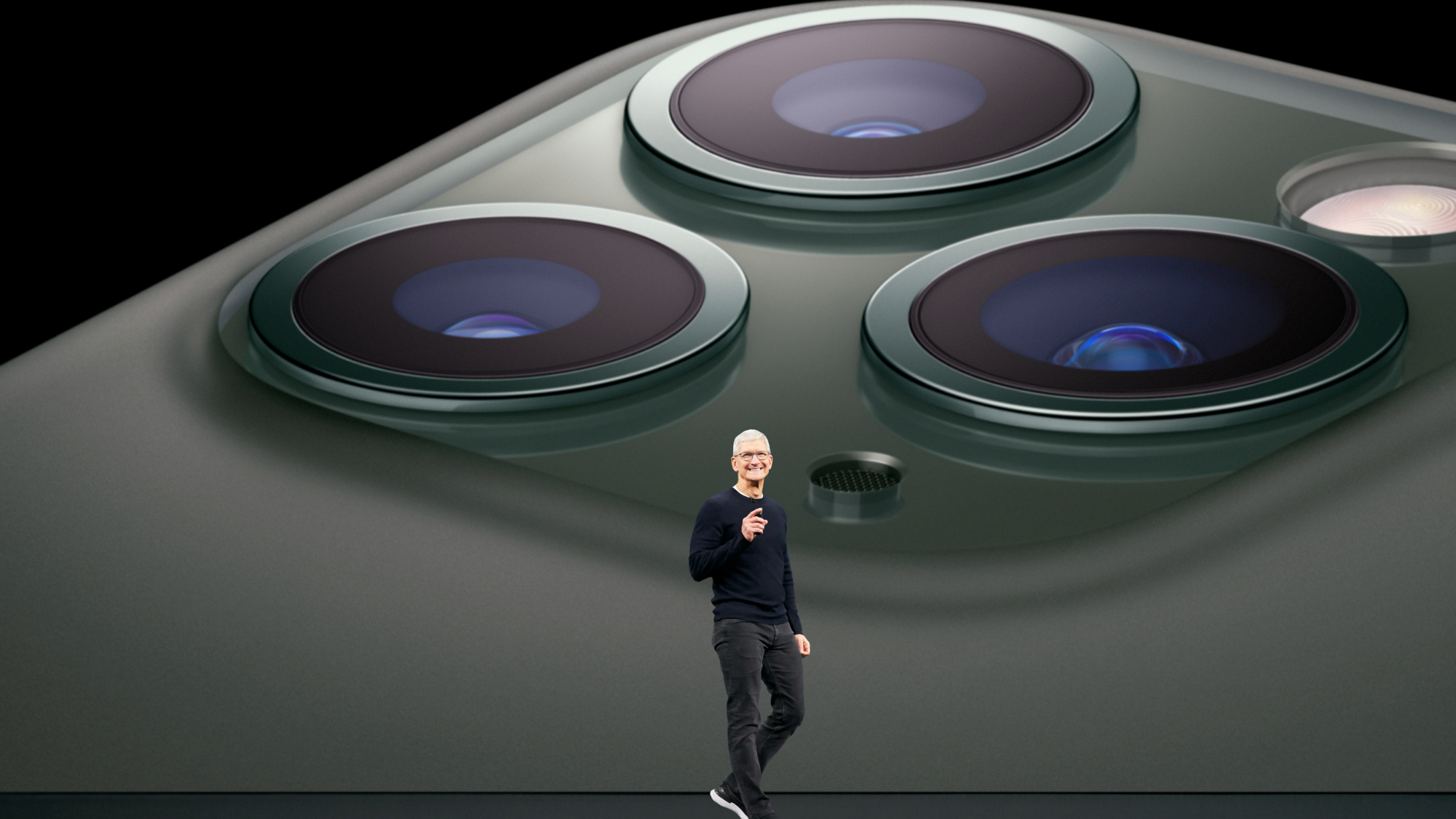Apple could have another huge antitrust headache on its hands — DOJ preparing massive lawsuit that could drop as early as March
The culmination of years of work...

iMore offers spot-on advice and guidance from our team of experts, with decades of Apple device experience to lean on. Learn more with iMore!
You are now subscribed
Your newsletter sign-up was successful
A new report says that Apple is about to face the wrath of the U.S. Justice Department, as the body is preparing a massive antitrust lawsuit that could drop as early as March.
Barely hours after Apple finally put to bed its massive App Store lawsuit battle against Fortnite, a new report says that the DOJ could move against Cupertino in the next few weeks. According to Bloomberg, “Apple Inc. is poised to face a US antitrust lawsuit as soon as March,” stating, “The Justice Department hopes to file a suit in the first quarter of the year, though that timing could slip,” given senior officials haven’t yet signed off on the complaint.
As the report notes, the DOJ has been looking into Apple for more than four years but has put the case on the back burner while it goes after Google. The suit is described as “the culmination of years of work.” So what is all the fuss about?
Apple’s antitrust headache won’t go away
As the report notes, it’s alleged “that Apple has imposed software and hardware limitations on its iPhones and iPads to impede rivals from effectively competing.” Those complaints come from far and wide, including rivals such as Spotify and Epic Games. As a NYT report earlier this year noted, “The agency is focused on how Apple has used its control over its hardware and software to make it more difficult for consumers to ditch the company’s devices, as well as for rivals to compete.”
Some specific issues include “how the Apple Watch works better with the iPhone than with other brands,” Apple’s iMessage service, Apple Pay on iPhone, and the App Store.
As noted, Apple has only just put to bed its Epic Games App Store suit, which will force the company to allow developers to link to alternative payment methods and locations beyond the App Store. However, the DOJ’s impending suit is likely to be much broader in scope and possibly even more of a headache. Apple is already taking some steps to appease lawmakers and regulators, including adopting RCS messaging on iPhone, a measure that will take effect later this year. Apple is also expected to split its App Store in two with a separate marketplace for the EU, ahead of the new Digital Markets Act’s enforcement deadline in March.
More from iMore
- Apple could be in big trouble with the DOJ as App Store investigation ramps up
- U.S. states, DoJ, and Microsoft declare support for Epic Games in
- Apple to face DOJ probe over Roblox App Store treatment
iMore offers spot-on advice and guidance from our team of experts, with decades of Apple device experience to lean on. Learn more with iMore!

Stephen Warwick has written about Apple for five years at iMore and previously elsewhere. He covers all of iMore's latest breaking news regarding all of Apple's products and services, both hardware and software. Stephen has interviewed industry experts in a range of fields including finance, litigation, security, and more. He also specializes in curating and reviewing audio hardware and has experience beyond journalism in sound engineering, production, and design.
Before becoming a writer Stephen studied Ancient History at University and also worked at Apple for more than two years. Stephen is also a host on the iMore show, a weekly podcast recorded live that discusses the latest in breaking Apple news, as well as featuring fun trivia about all things Apple. Follow him on Twitter @stephenwarwick9
